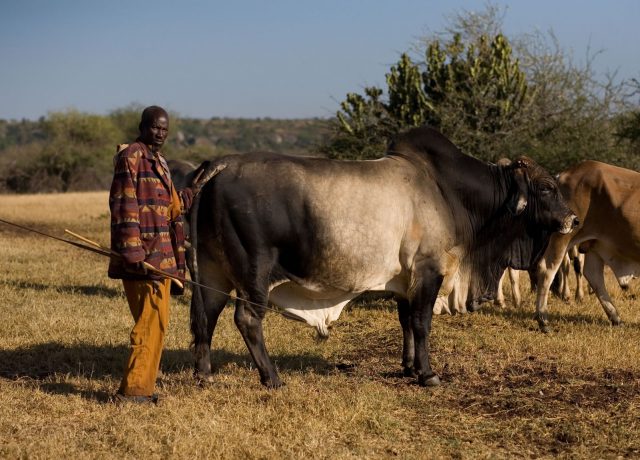
All cattle in Museveni’s territory will soon be up for registration and issued with birth certificates to trace their products. This follows a directive by international market demands that all countries producing food for the European market should have proof of its traceability.
“They want to know where the meat and crop products are coming from. They have been impounding and banning all consignments from Uganda if they find one box with issues. Farmers will be registered and their products given barcodes so that if they find a problem with one box, they look for the source and sort out the problem. We cannot enter lucrative markets unless farmers register.
“For cattle farmers, it is going to be worse. You will be registered as a farmer, the cow will be registered, numbered and will have a birth certificate because the importers of our products demand meat for cows aged between 15 to 24 months. So we are going to sell [the meat] depending on their age,” said Mr Vincent Ssempijja, the Minister for Agriculture, Animal Industry and Fisheries at the official opening of the National Agricultural Show in Jinja.
An audit team from the European Union is expected in Uganda in September to ensure that all farmers producing commodities destined for Europe are registered. Mr Ssempijja refuted rumours that the registration is meant to impose taxes on the farmers, assuring them that they will benefit much from the program.
“People want to know what they are buying to eat, where it is coming from, its quality and what they are spending their money on. Registering farmers is a major requirement; we cannot do without it and if we ignore it, we will lose to competition in the international market,” he said encouraging Ugandans to be competitive so that they can compete in the international market.
Just like Kenya, agriculture is one of the important sectors for Uganda’s economy, contributing about 25 per cent of the national GDP and employing over 70 per cent of the population.



